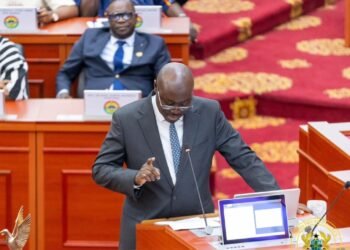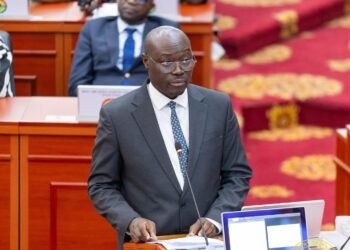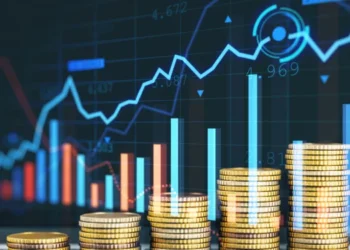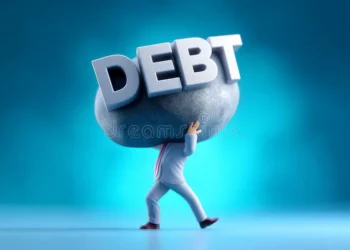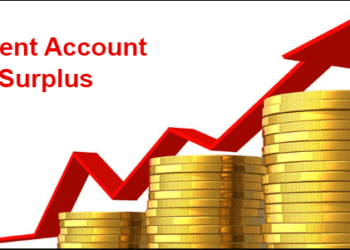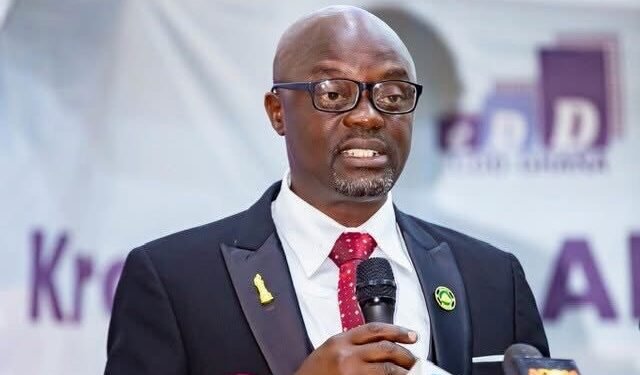The recent announcement to develop the Green Bonds market in Ghana is very timely as it comes at a time when the world seeks to recover stronger from the pandemic. As such, the development of the Green Bond Market will set the pace for a green economic recovery in Ghana.
To develop the market, the Ghana Securities and Exchange Commission (SEC) has hinted of a partnership with the International Finance Corporation. SEC believes this will give investors opportunities to finance renewable energy and other climate-friendly projects.
According to fsdafrica, green bonds are fixed-income instruments with proceeds earmarked for new and existing projects that have environmental benefits. With this type of bond, the use of the proceeds is specified upfront. Meanwhile, the fsdafrica indicated that the issuance of green bonds started in Africa in 2017.
Benefits of Green Bonds
Meanwhile, SEC Boss Rev. Daniel Ogbarmey Tetteh pointed out in a statement that the introduction of green bonds will give investors opportunities to finance green buildings.
Also, he pointed out that these bonds will enable investment in clean transportation, sustainable water management, and other climate-friendly projects. More importantly, he indicated that “Green bonds will support Ghana’s transition to a lower-carbon future”. This, according to him, is in line with “the country’s agreed contributions under the Paris Agreement”.
Aside from the above benefits, proceeds from green bonds help ensure sustainable land use. Also, Ghana can invest the proceeds in Green and low-carbon transport such as freight and electric cars.
Furthermore, investors can also invest the proceeds in a sustainable ocean economy, that is, sustainable fishing and fisheries management. This is very important to avert the incident of dozens of fishes being washed ashore across coastal areas in Ghana. One of the such incidences just occurred recently.
Meanwhile, preliminary investigations revealed that the fishes died due to a sudden drop in the sea surface temperature. This is according to the Department of Fisheries and Marine Sciences of the University of Ghana. All these show that the devastating effects of climate change are already manifesting in Ghana.
Moreover, The UN Economic Commission for Africa (UNECA) estimates that climate impact on economic output will cause annual losses of between 3-5% of GDP by 2030 in Africa. Indeed, this calls for drastic measures.
Green Economic Recovery
As pointed out earlier, the planned green bond issuance will fast-track the country’s quest to ensure a green economic recovery. To put things in perspective, a green recovery covers environmental, regulatory, and fiscal reforms that will help countries to recover stronger from the COVID-19 pandemic. It focuses on long-term policies and solutions that intend to benefit both the people and the planet.
As such, it involves measures that focus on safeguarding the environment, protecting ecosystems, and addressing issues relating to climate. It also includes creating a resilient, sustainable and inclusive society. Consequently, this has aroused the debate on the fight against a long-standing foe– climate change.
Consequently, the development of the green bond market will further enhance the green economic recovery. It will also help Ghana to be part of several other African countries that are already issuing green bonds. Moreover, afdafrica indicated that there is demand for Green Bond issuances in Ghana by local asset managers and institutional investors. It advised investors to engage with the companies they already invest in to promote discourse on sustainability.
“While the initial activity was slow, issuances have become more popular of late. Sovereign issuances are far less common, but this is expected to pick up. The Green and Sustainable Bond landscape in Africa is nascent, but growing rapidly”.
afdafrica
The green bond market is expanding rapidlyin South Africa, Nigeria, and Egypt. This is because “there has been broad investor support for the instruments and capital markets are active”.
This means that Ghana will need an active capital market and an enabling environment for investors to be able to develop a functional Green Bond Market.
READ ASLO: Disregard any purported increase in fares- Transport Operators





